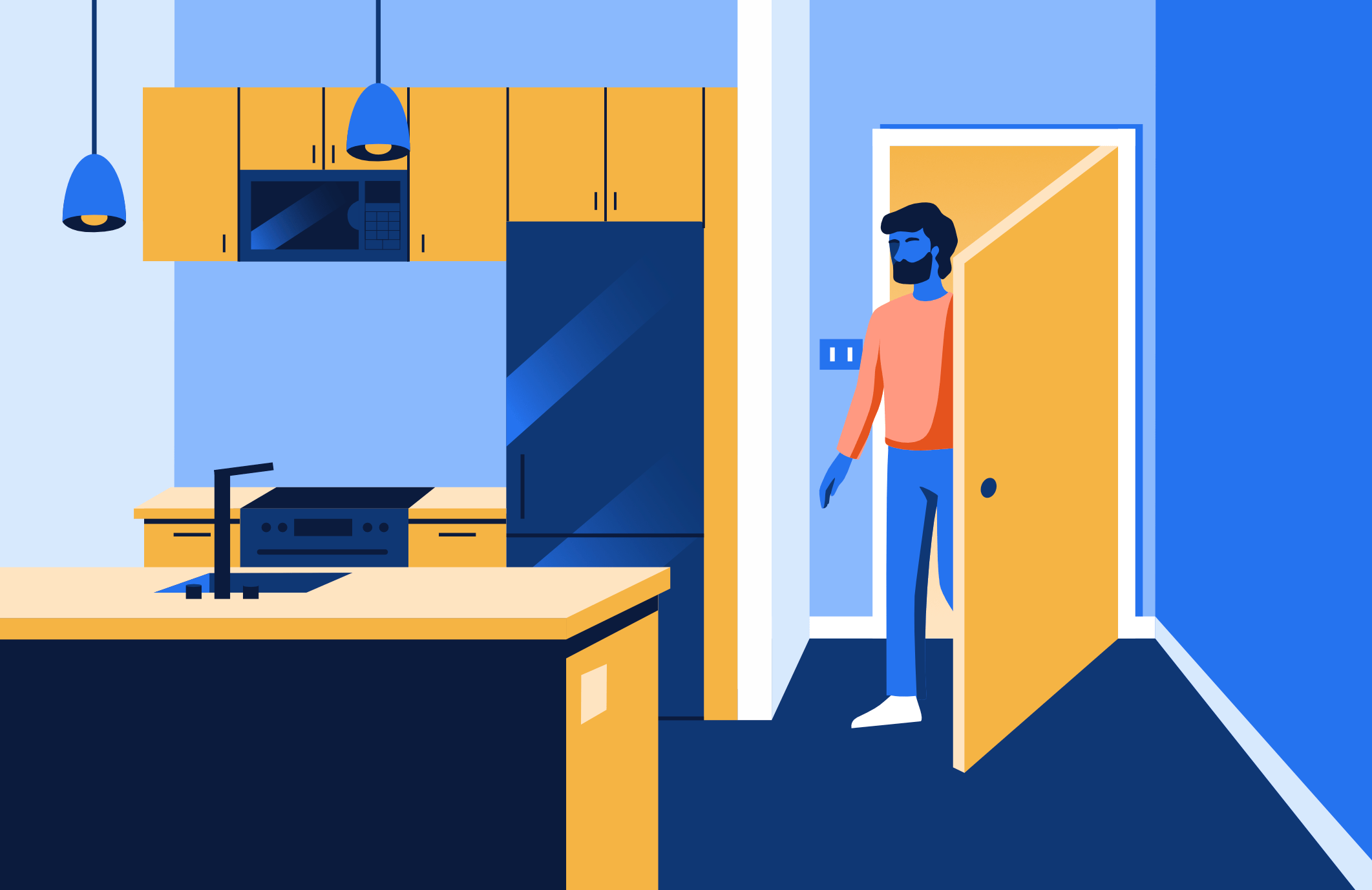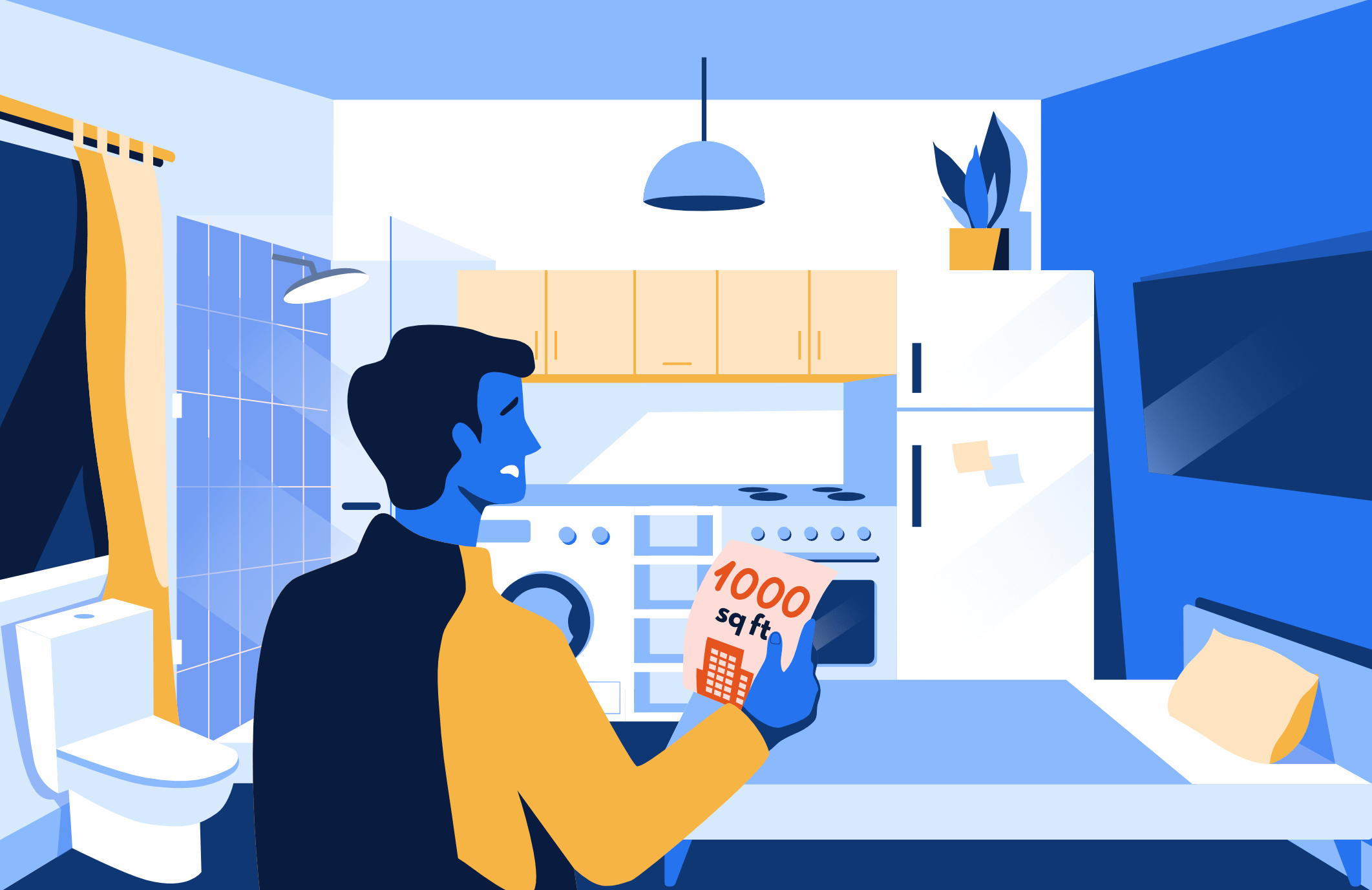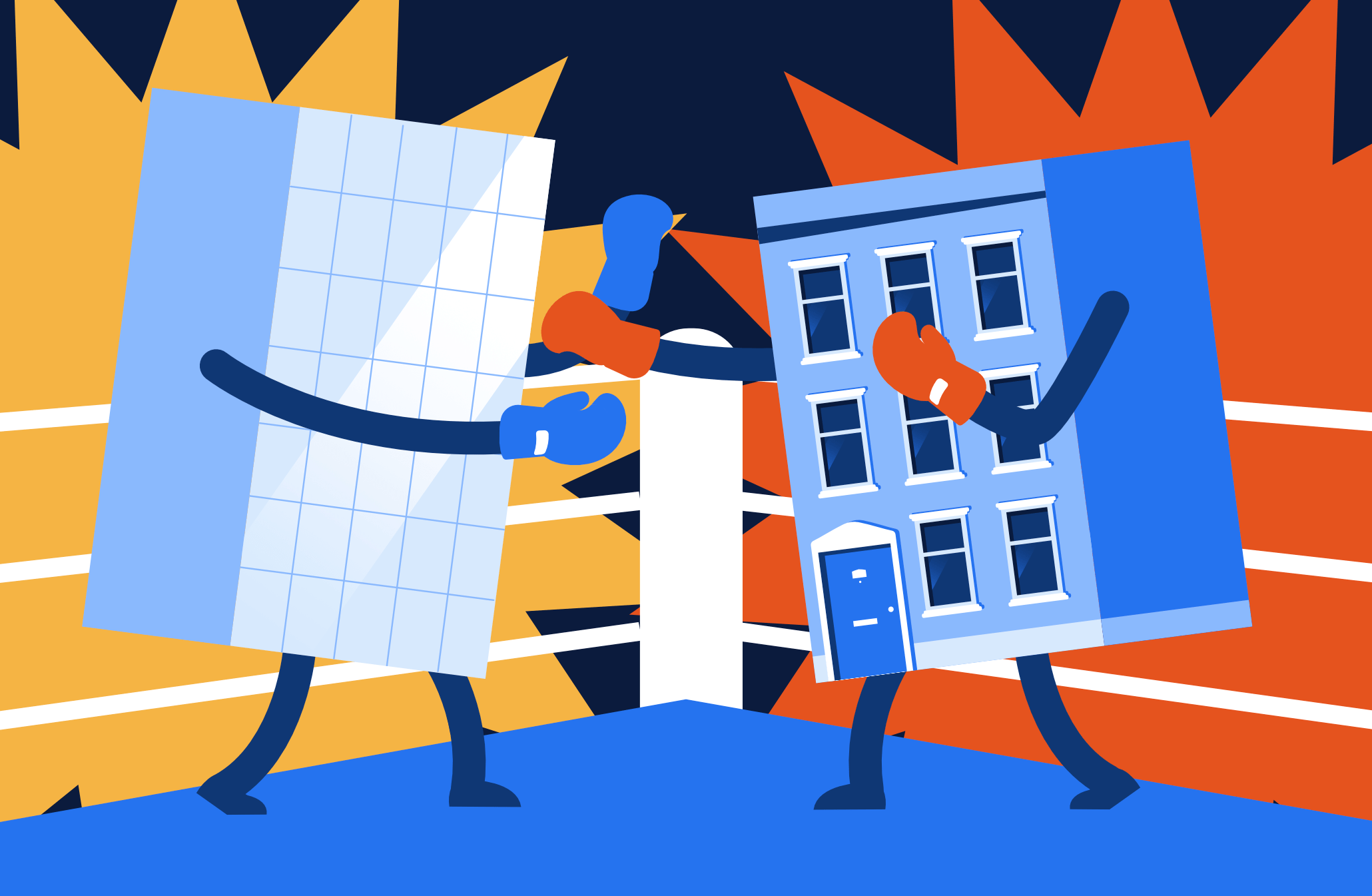Buying a condo in NYC is a big decision and there are a lot of things to consider along the way. If you’re working with a good buyer’s agent and attorney, they will alert you to the obvious risks but there are others that fly under the radar. Here are a couple things to look out for that probably won’t come up if you don’t ask.
Condo Square Footage is Overstated
It’s understandable for buyers to assume the square footage listed is the square footage they’re buying and in a way it is. Unlike co-op square footage which is essentially made up (and often dramatically overstated), condo square footage needs to be an actual calculation from the floor plan. The problem becomes how the calculation is made.
The details of any specific condo’s square footage calculation can be found in its offering plan. Specifically it should be in the “Special Risks” section. It’s not exactly encouraging that the square footage calculation is considered a risk!
When you’re buying a condo in NYC, you should expect the square footage to be measured from the exterior of the walls. In other words, all of the space inside the walls is included in the unit’s square footage. Structural elements like columns will also be included.
A recent offering plan sums it up nicely - “As is customary in New York City, the square footage of the Units as measured in accordance with the foregoing method will significantly exceed the usable floor space of each Unit.”
Condos Can Have Flip Taxes and Rental Fees
Many buyers understandably assume they’re free from flip taxes and rental fees if they buy a condo. While both are significantly more common in co-ops, they do pop up on condos as well. In fact, we know of one condo building which has both!
Especially if you’re looking for an investment property, these additional fees can significantly reduce your return expectations.
Before submitting an offer to buy a condo, you should confirm with the listing agent that the building does not charge a flip tax, rental fee or anything else that's unusual. They may instinctually say no because just like buyers, they assume these charges are only in co-ops, but at least it’s then clearly their problem if anything comes up during due diligence.
Advertised Property Taxes Can Be Artificially Low
This is more of a concern when buying a new development condo but it’s something buyers should check regardless.
On new developments, the property taxes for “Year 1” are often advertised. That becomes a problem if the building is only partially completed during Year 1 and the average rate does not reflect what buyers will actually pay. In this case, "Year 2" property taxes will also be provided and should be considered.
Even when buying a resale condo, you or your agent should look up the unit’s tax bill on the Department of Finance’s website here. There you’ll see the headline property tax amount and any deductions such as a 421a tax abatement or the STAR program. The advertised rate should match the headline amount.
We should note this understatement is entirely possible on co-ops as well but co-op apartments do not have individual property tax bills - the entire building receives one which is then divvied up among the shareholders - so you can't verify it on your own.
Condo Prices Are Much More Volatile than Co-op Prices
When comparing a condo versus co-op, the biggest advantage condos have, by far, is the ease and certainty with which they can be purchased. A condo doesn’t care about your financial situation, if it’ll be your primary residence or who’s going to live there. All that matters is if you have the money. This is why foreigners almost always buy condos.
The rub is that if something is easy to buy, it’s also easy to sell. In both the good times and bad, condo prices will be much more volatile than in the co-op market. While co-ops have stringent financial requirements that prevent speculation, condo buyers can take on as much risk as they want. Instead of the 20% down payment and 25% debt-to-income ratio needed to buy a co-op, you can usually purchase a condo with just 10% down and any debt-to-income ratio you want as long as your lender is okay with it (although they usually top out at 43%).
We wanted to highlight a few unusual but important considerations but there’s a lot more to keep in mind when buying a condo. If you’re in the market and would like to discuss the buying process in more detail, give us a shout at info@yoreevo.com or 212-365-0151. Not only will we run you through these topics and more, we’ll also save you thousands with NYC’s largest commission rebate — averaging over $24,000 back at closing!



